
The opioid crisis and addiction recovery
Healthcare Aug-04-2023 1The opioid crisis has become a huge public health issue that has impacted millions of people and families around the world. It has seen a huge surge in the number of opioid-related deaths, overdoses and addiction cases. Opioids are a medication class that includes both prescription pain medicines like oxycodone, hydrocodone and morphine and illegal substances like heroin and fentanyl.
Overprescribing and misusing these prescriptions have resulted in an increase in opioid addiction, which can be exceedingly difficult to recover. Recovery from addiction is a complex and difficult process that necessitates a combination of medical, psychological, and social interventions. It is a lifelong process that demands continual assistance and dedication.
The opioid crisis is an economic and general public health emergency that disintegrates the life quality of residents of Alabama. It has led to family devastation and loss of life at a large pace. It influences each area of our economy, including medical services, training, business, and local government.
If we look at the deaths caused by this crisis, then studies show that from 2006 through 2014 there were 5,128 deaths in Alabama. The death rate in the state per 100,000 in the year 2014 was 14.9. The number of deaths due to overdose went to 82% from 2006 to 2014. In 2016 there were 741 deaths due to overdose ascribed to an increment of 15.3 deaths per 100,000.
What are opioids?
The class of drugs includes:
• Heroin
• Prescribed pain relievers
• Oxycodone
• Hydrocodone
• Morphine
• Fentanyl
These drugs bind the body’s opioid receptors that are present in the center of the brain and produce the feeling of euphoria and mental as well as pain relaxation. Opioid is basically the class of illegal drugs that are known to have a negative impact on the human body and mind.
Opioids and their Addiction
The misuse of these drugs can lead to addiction. These drugs are strictly prohibited from consumption without a valid medical prescription from the medical service provider. It provides a relaxing effect on the nervous system of the body.
It leads to the release of endorphins and boosts the pleasurable feeling in the body and this pleasure leads to addiction.
Is recovery from this addiction possible?
Everything is possible if you are determined to do so even the recovery from this addiction is possible, but it won’t happen overnight. It will take time, determination, and most importantly self-control. Seek help if you want to get out of this substance abuse. Your family, friends, and co-workers can prove to be a great help. Ask them to keep a check on you and stop you from any such activity that might trigger the need for an opioid in your system.
The opioid epidemic- making mental health an issue
A study says that somewhere in the range of 8.4 and 11.6 percent of individuals who utilized opioid and narcotic substances for 1 to 30 days are at higher risk of developing depression within 12 months of the use. The more they utilized narcotics, the more prominent their risk of getting depression.
It triggers mood swings and anxiety. The higher the risk of opioid abuse higher will be the risk of depression and mental imbalance. Not only if affects mental health it also tends to lead to physical dependence.
Opioid abuse and physical dependence
It can lead to physical dependence as already discussed above, which means in order to function well you will be needing opioid dose. It changes the brain and functioning chemistry of your system which leads you to take larger doses.
Addiction treatment
If you have opioid addiction you need help. It is more than willpower sometimes. You might need medical help and treatments to get rid of this addiction. The treatment starts by getting you detoxed. Detox followed by long-term medication and counseling therapies helps in recovering from this substance use disorder.
MAT also known as medication-assisted treatment is a combination of medicines and counseling therapies that helps in reversing the effects of addiction and keeping the person away from the intake of more of it.
Treatment may include:
• Contingency management
• Motivational interviewing
• CBT or cognitive-behavioral therapy
• Family therapy
• 12-step therapy
• Support groups
Every factor mentioned above will work as an addiction recovery support. It will not be easy to recover from this addiction. You might feel the following withdrawals in the process:
• Diarrhea
• Enlarged pupils
• Chills
• Goosebumps
• Nausea
• Body aches
• Mood swings
• Feeling cranky and irritated
• Cravings for opioid intake
• Abdominal pain
• Tremors
• Anxiety
• Insomnia
As per ASAM (American Society of Addiction medicine), these withdrawal symptoms may last from three to five days, but sometimes it might take even more than 10 days. These withdrawal symptoms can be dangerous too. You need proper medical guidance when thinking of quitting an addiction. Don’t try to take steps without any medical support as you might end up worsening the situation even more.
There are various medicines that help in relieving the withdrawal symptoms:
• Buprenorphine
• Subutex
• Methadone
• Clonidine
Overdose
There are various symptoms that you might experience due to overdose:
• Slow breathing
• Excess sleepy feeling
• Speaking inability
• Dark colored skin
• Blue skin
• Snoring
• Gurgling sounds
Opioid recovery treatment is not a miracle. It takes time and determination. You will need a lot of motivation and support from your family, friends, and medical helpers in order to get out of this addiction.
Naloxone - A remedy
Accessible as an infusion or nasal spray naloxone (likewise sold under the brand name Narcan) is a lifesaving prescription that can quickly switch the impacts of a narcotic or opioid overdose. Admittance to naloxone is developing on a state-by-state basis.
What are the common side effects of opioid intake?
Some of the common side effects are:
• Sedation
• Dizziness
• Nausea
• Vomiting
• Constipation
• Gastric issues
• Hyperalgesia
• Hormonal dysfunction
• Muscle rigidity
• Myoclonus
If you have been prescribed an opioid as a pain reliever after any surgery or injury, take it as prescribed and only as much quantity as you are being told to consume. If you will keep on taking them even after the pain is gone and you are healed then stop, you are heading toward addiction.
Keep a check on yourself, if you are craving the opioid and you are using it even without any medical needs then you are already addicted and the time has arrived to take the necessary steps.
Remember what you do to your life is in your hands. You can work to stop any type of addiction and you can stop yourself from any such habit that has a negative impact on your body only if you are determined enough and has strong willpower.
Disclaimer: The information provided in this article is for general informational purposes only. It is not intended as a substitute for professional medical advice, diagnosis or treatment. For any concerns about your health or you are experiencing symptoms, it is important to consult with a healthcare professional. They will be able to assess your specific situation and provide you with personalised advice and treatment based on your symptoms, body type, allergies (if any), existing medical conditions etc. It is always better to consult with a healthcare professional before making any decisions about your health. By accessing this article you agree with our terms and condition - https://proceed.fit/frontend/terms_conditions .


_.png)
_.png)


_(1)_1.png)
_1.png)
_1.png)
_(1)_1.png)
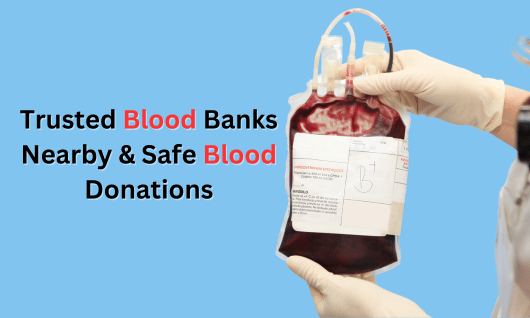
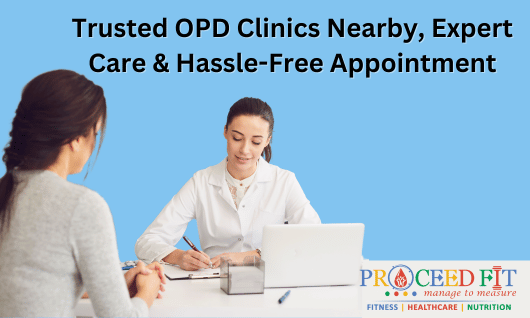







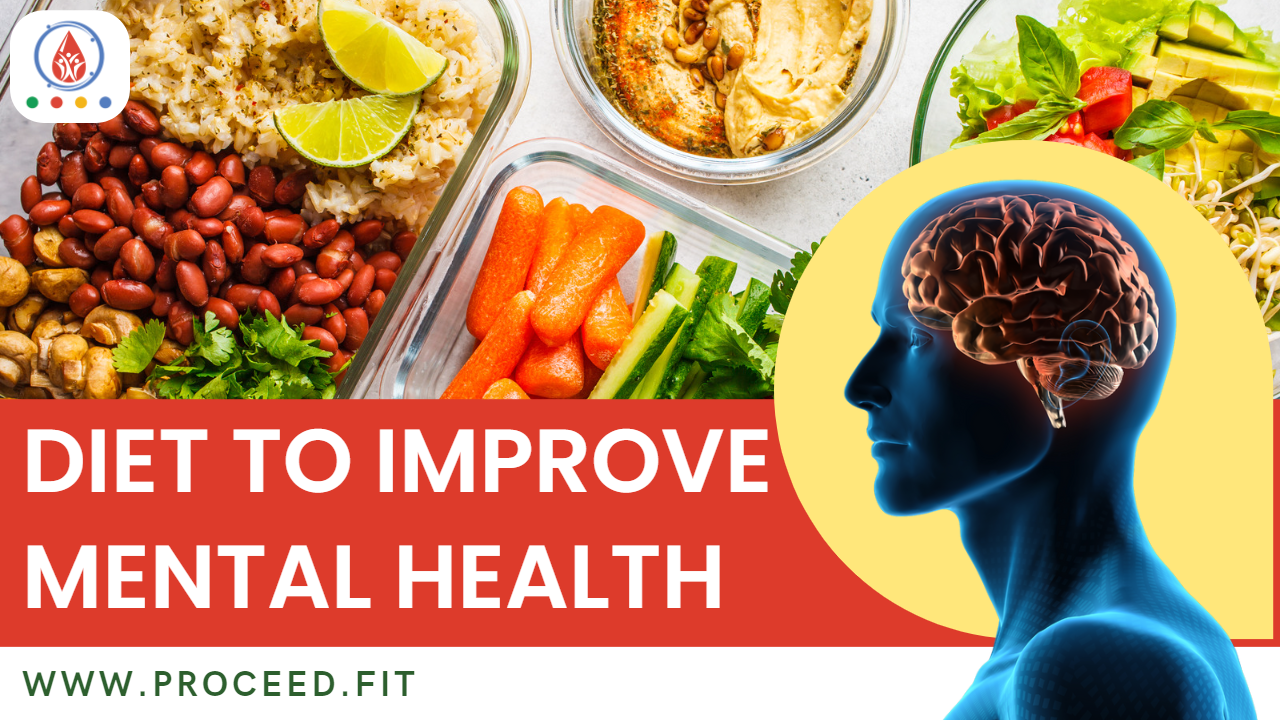
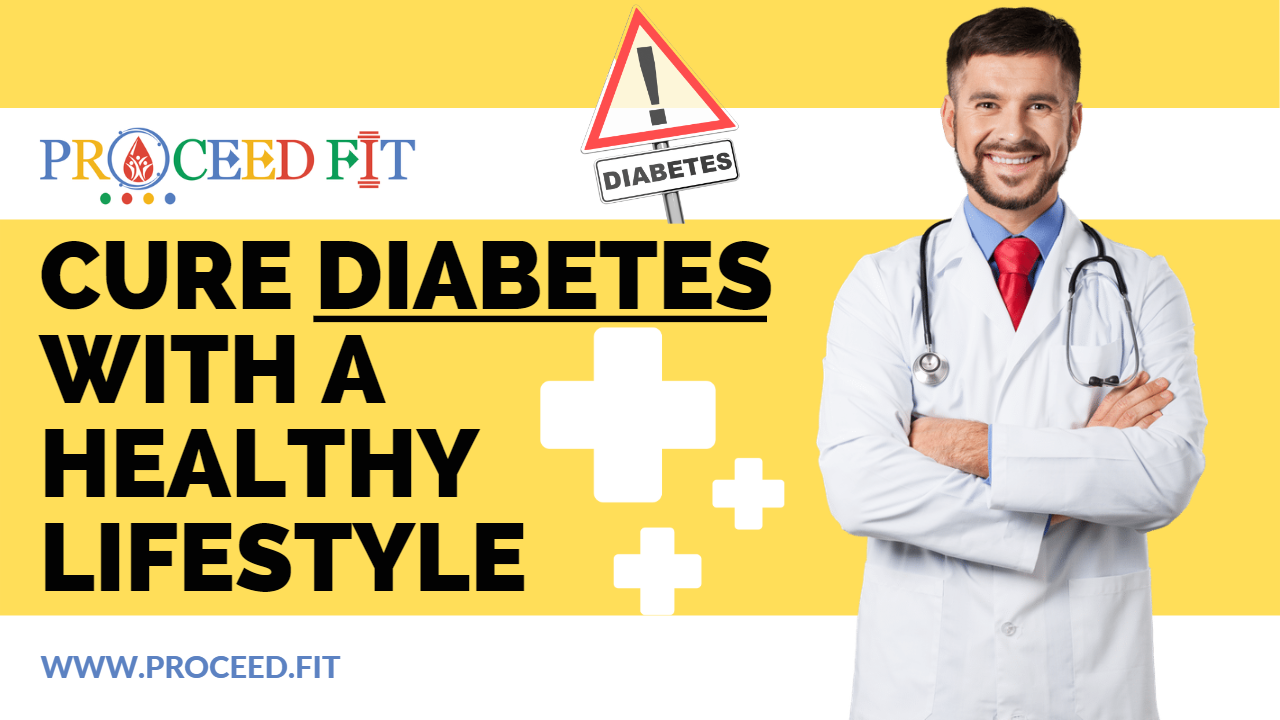
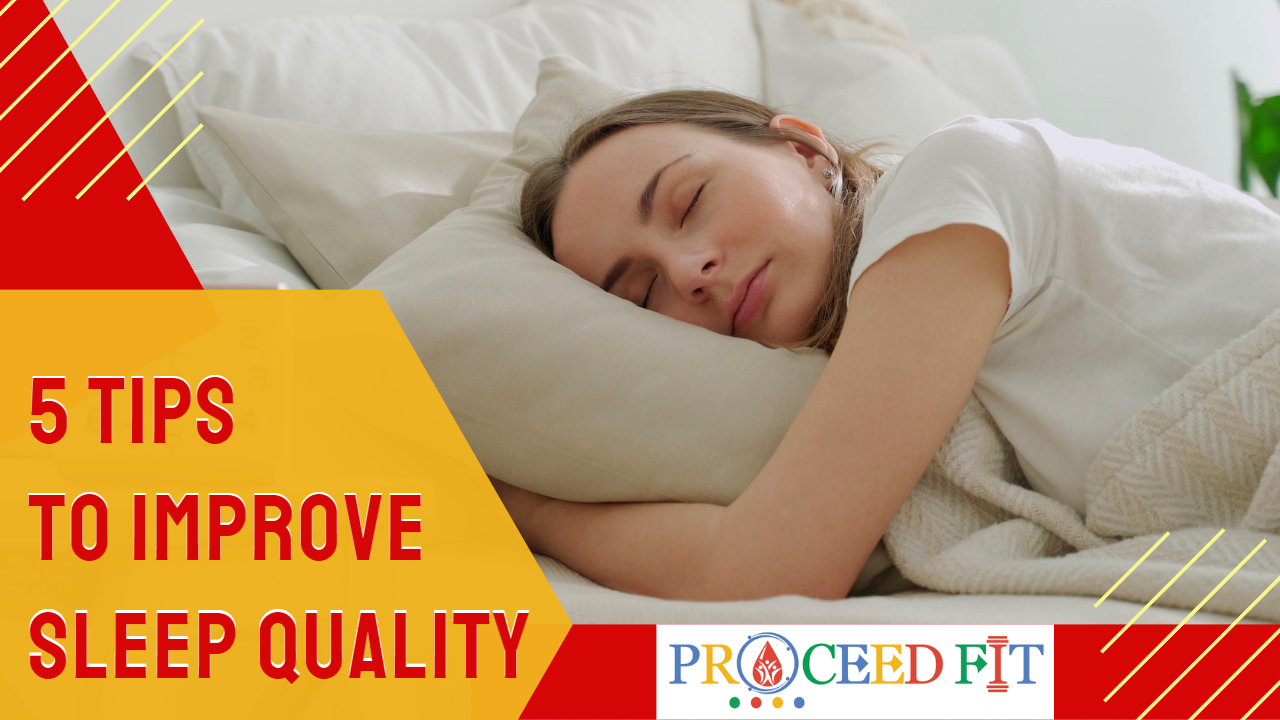

Sorry! You can't submit a comment without logging in first. If you have a general question, please email us at [email protected]
2 Comments
2023-06-24 15:24:28
Nice
2023-06-24 15:24:52
demo